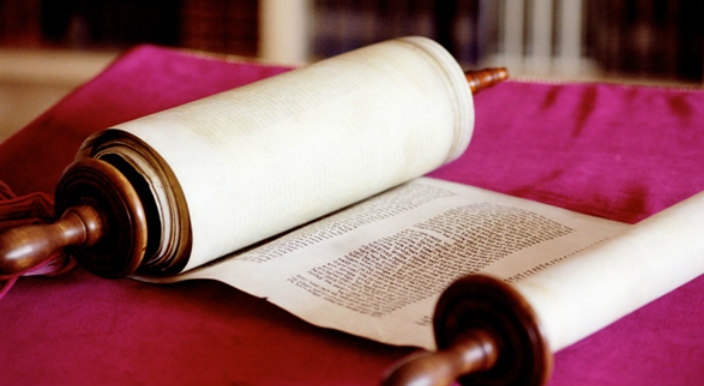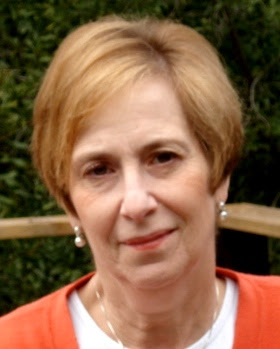
This week’s Parashah, Ki Tisa, is chock full of good stuff. It includes directions for the first census, God’s additional instructions for building the tabernacle, rules for keeping Shabbat, and the golden calf episode and its aftermath. We see God’s anger unleashed on the Israelites and God’s willingness to give the people a second set of tablets, signifying a second chance to prove that they are worthy of the Promised Land. We are witness to the relationship between God and God’s people and between God and Moses. We see yet another instance of a leader – Aaron – refusing to accept responsibility for his actions.
I have always been fascinated by the golden calf incident. Reading and rereading this parashah, I am struck by the idea that the whole episode revolves around trust and transparency, communication and responsibility, faith and hope. The people were terrified when Moses did not return when they believed he would. They did not yet trust God and probably misunderstood just how long Moses would be on the mountain. Can you imagine the scene? First one, then two, then scores of Israelites whispering about Moses’ apparent disappearance into the clouds around the mountain. The whispers became louder and louder, finally culminating in shouts of fear, anger, and despair. They turned to Aaron to make them “a god who shall go before them.” Aaron asked for their gold jewelry and made it into a molten calf. When Moses questioned why he made the calf, Aaron says he threw the gold into the fire and poof! Out came the calf!
Sometimes I wonder what would have happened if just one person, whether it was Aaron or not, had stood up to the crowd. What if one person had said, “Come on, people, do you really think that we schlepped all the way out here just to be abandoned? What happened to your faith in God and the potential of God’s promises? We left Egypt with such hope in our hearts that we would have a better life – are you prepared to abandon that now? Remember the miracle at the Red Sea? Maybe we didn’t hear Moses correctly; shouldn’t we wait a day or two before we turn to other gods to lead us?” Sforno, a well-known commentator, wrote that if there had been even one Israelite righteous enough to speak out, Aaron would have had enough support to desist from making the golden calf. How would that have changed the course of history?
I regularly volunteer at the Holocaust Museum Houston, where I lead tours for groups ranging from high school students to senior citizens. Along with the Holocaust exhibit, the museum has an exhibit that tells stories of human rights violations since the Holocaust. I always make sure to point out the Upstanders–both in that gallery and the Holocaust gallery–those men and women who spoke up or took some action when they saw something they knew wasn’t right. The
teenagers are particularly impressed with the story of Malala Yousafzai, well known for standing up for the education of girls in Pakistan and standing up against the Taliban. Others are interested in Nelson Mandela, or Magda Trocmé, who helped hide thousands of Jews in the French village of Le Chambon.
As Jews, we understand what it means to be persecuted and, at the same time, what it feels like to be accepted. We know what it means to be targeted and at risk. Most likely, we all have stories (or our family members do) about suffering because of our Jewish identity. We know what it means to live with faith and hope, knowing that the future is uncertain. And we know what having an Upstander in our lives can mean to our physical and emotional safety.
So, what can you do to become an Upstander? First, educate yourself. Google “anti-racist resources,” for example. There are many books, podcasts, and even TED Talks that will help you understand the issues. Speak up when you see or hear something that you know isn’t appropriate. Vote your Jewish values and participate in local politics. Stay informed. Get to know people outside your circle.
We are all responsible for one another. It is our obligation and our sacred responsibility to stand up for those we believe are being bullied or treated unfairly. Our days are filled with opportunities to treat people ethically and fairly, to give the benefit of the doubt, to stand up against injustice, to do the right thing. In every encounter with loved ones and with strangers, with friends and neighbors, we can make it our goal to be Upstanders.
fredi Bleeker Franks is a member of the WRJ North American Board, serving as the Audit Chair, and serves on the YES Fund Allocations Committee. She lives in Houston with her husband and dog and longs for the day when she can hug her grandchildren again.
Related Posts

Parashat Yom Rishon shel Rosh HaShanah

Cultivating a Culture of Accountability and Belonging


